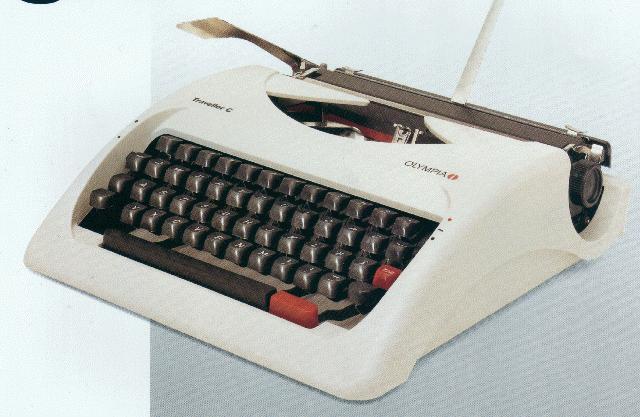| |
Everything You Ever Wanted To Know About
Application Software
Application
software does not govern the operations of the computer system, but
instructs the computer how to manipulate and process data and what format
to be used for output.Some
examples of application software are:
- Word Processing
- Before the advent and general distribution of office computing
systems, documents were produced with an electronic, and sometimes
programmable, typewriter. Before that, the manual typewriter was
used. At each stage of development the ability to produce and
reproduce documents was significantly enhanced.
Word processing software,
however, made a far greater impact upon the world of
documentation. Secretaries in all fields are now able to create
documents with continuing ease and to modify those documents without
having to reproduce the document from scratch.
The most popular word
processing programs are Microsoft Word and
Microsoft Works available through www.microsoft.com
and Word Perfect available through Corel.
The Link above to Microsoft Word is our step-by-step instructions to
assist you in getting started.

A
portable manual typewriter
Photo compliments of
Bristol Business Machines
- Spreadsheets
- Applications that process sums, differences, products and quotients by columns and/or rows are called spreadsheets.
They do not take the place of accounting packages (another type of
application software), but they are useful in comparing numbers and
running totals. By utilizing formulas in cells, the need to
recalculate when modifying data becomes unnecessary since most
applications automatically update the result of manipulation.
Most spreadsheet applications allow for the ability to create graphs
which allow the user an easy-read analysis of data. In some
office packages, such as Microsoft Office, spreadsheets can be
imported into other applications such as word processing
applications. We have some instructions on Microsoft's Excel
software to help you get started.
- Data Bases
- These applications hold data in pre-defined fields and can output
data in a specified format according to the reporting
definitions. Mailing lists are often established and maintained
in data base applications, because the user can define fields
according to First Name, Last Name, Street Address, City, State, and
Zip Code, along with other fields that contain useful data. Most
data base applications can be merged with word processing applications
to create personalized letters and/or envelopes (labels). We are
not real familiar with any data base application, but we have provided
a few step-by-step instructions for Microsoft
Access.
- Web Page
Creators/HTML Editors
- Web pages are created with a programming language called Hyper Text
Mark-up Language, or HTML for short. It is a very tedious and
long process to create pages with raw HTML in a text editor like
Microsoft Notepad, especially when creating tables and frames.
HTML Editors, such as Microsoft's Front Page, allow the user to type the
information that is to be shown on the page, all the while creating
the HTML coding in a different layer. We have provided some
instructions on how to start web page design with Microsoft
Front
Page.
- Slide Show
Programs
- The only slide show program we know of is Microsoft Power
Point. Slide shows are taking the place of the overhead
projectors with transparencies. Again there are some
step-by-step instructions for Microsoft Power Point.
Microsoft
Access
Microsoft Excel
Microsoft Front Page
Microsoft Power Point
Microsoft Word
System
Software
Return
Home
Created by Brad Eaton and
Chris Sidebottom
Students at Hobart Middle
School, Hobart, Indiana
To report problems with this page or broken links, contact Webmaster
Copyright © 2003. All Rights Reserved
|